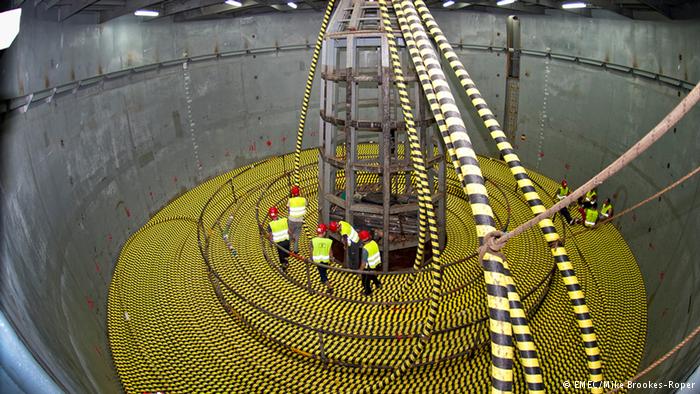The project named "Marea" - Spanish for "tide" - is designed to shuttle digital data between Europe and the US at speeds of up to 160 terabits per second - about 16 million times the bandwidth of a home Internet connection.
"If you look at the cable systems across the Atlantic, a majority land in the Northeast somewhere,” Facebook`s vice president of network engineering, Najam Ahmad, said in a statement. "This gives us so many more options."
The two tech behemoths said they had cleared conditions for the partnership and construction of the cable would begin in August with completion scheduled for October 2017.
`Data explosion`
Marea was becoming necessary because of the "explosion of data consumption" and to support the "rapid growth" of the companies` respective cloud and online services, they said. For customers, the cable`s "open design" would mean lower costs and easier equipment upgrades.
"By building the cable along this new southern route, we will also increase the resiliency of our global network, helping ensure even greater reliability for our customers," said Christian Belady, Microsoft` general manager for Datacenter Strategy, Planning & Development.
Under the plan, the new connection is to be operated and managed by Telxius, the new telecommunications infrastructure company of Spanish mobile phone company Telefonica.
"Working with Facebook and Microsoft in this project will reinforce Telxius` position… allowing us to capture market opportunities in Western Europe and new emerging routes in Northern Africa and other regions," said Rafael Arranz, Telxius` chief operating officer.
Usually, such massive underwater cables are built by telecommunications companies. But as the data needs of the two Internet companies grow, they also seek to take greater control over the networks they rely on. For example, Google teamed up with five Asian telecom companies to fund a $300-million (268-million-euro) underwater cable connecting the US and Japan in 2014.
More about:
















































